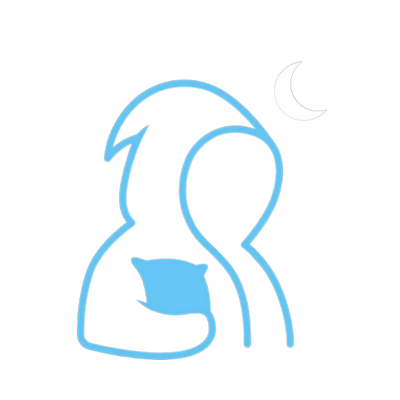If you’re juggling work, school, parenting, or all of the above, sacrificing sleep might feel like you’re winning at life. But here’s the catch: missing sleep doesn’t just make you tired. It undermines your physical strength, mental clarity, and emotional balance. Recovery sleep isn't just extra hours in bed, it’s essential to actually restore and recover what sleep deprivation steals from you.
1. Physical Reboot: More Than Just Naps
Muscle repair & growth happens mostly during deep (slow-wave) sleep, when your body pumps out anabolic hormones. Without enough of it, recovery stalls and injury risk spikes
Immune support also relies heavily on sleep. Your body cleanses itself through increased activity of the glymphatic system, lifting out toxins and metabolic waste that accumulate while you're awake
Sleep restrictions of just a few hours per night degrade physical performance. A meta-review shows that getting 3–6.5 hrs vs. 7–11 hrs impairs memory and muscle recovery
Bottom line: Recovery sleep gives your body time and tools to heal and rebuild.
2. Brain Revive: Memory, Focus, and Beyond
After all-nighters, even two full nights of recovery sleep might not fully bounce back your memory function, although hippocampal connectivity may return.
Sleep isn’t just downtime: it’s active memory consolidation. Your brain encodes, prunes, and strengthens neural connections—and lack of it hampers long-term memory and learning ability.
Improved sleep quality sharpens cognitive performance and may even slow age-related brain decline.
In short: Recovery sleep brings your thinking and focus back online.
3. Emotional Reset: From Irritated to Resilient
Chronic sleep debt leads to mood instability, reduced emotional regulation, and heightened stress response.
A study showed that better sleep improved stress responses and made people more receptive to positive experiences—even in tough times.
REM sleep, which often suffers when sleep is shortened, plays a vital role in processing emotions and creative problem-solving.
Recovery sleep clears your emotional slate so you're not just surviving, avoiding tough conversations and working out. It's essential for motivation.
4. The Reality Check: You Can’t “Catch Up” in One Weekend
Sleep debt isn't erased easily. One study finds that for every hour lost, you need about four hours of recovery and weekend “catch-up” is often temporary.
But there's hope. Better recovery sleep does gradually improve your neurobehavioral functions as quality time-in-bed increases.
What Recovery Sleep Actually Looks Like
| What You’re Experiencing | What Recovery Sleep Provides |
|---|---|
| Fast muscle fatigue & soreness | Hormone surge, muscle repair during slow-wave sleep |
| Foggy memory, poor recall | Stronger neural connections, memory consolidation |
| Irritability, overwhelmed | Improved stress handling and emotional stability |
| Weekend sleep-ins that don’t stick | Gradual improvement across multiple nights with consistent rest |
Interested in reading more?
Dynamics of recovery sleep from chronic sleep restriction (NIH)
Sleep, Athletic Performance, and Recovery (Sleep Foundation)

